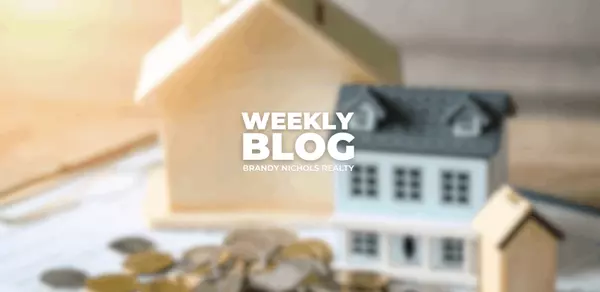How to Evaluate a Home's Potential for Appreciation

How to Evaluate a Home's Potential for Appreciation
When it comes to evaluating a home's potential for appreciation, there are several key factors that buyers should consider. These factors include the neighborhood, lifestyle, and the home itself. By carefully analyzing these aspects, buyers can make an informed decision and potentially benefit from future appreciation. In this blog post, we will explore each of these factors in detail.
The neighborhood in which a home is located plays a crucial role in determining its potential for appreciation. Buyers should consider factors such as the proximity to amenities, schools, and transportation options. A neighborhood with well-regarded schools and convenient access to shopping centers, parks, and public transportation is more likely to see appreciation in home values. Additionally, areas with a low crime rate and well-maintained infrastructure are also desirable. Buyers should research the local housing market and consult with real estate professionals to gain insights into the neighborhood's potential for appreciation.
Another important aspect to consider is the lifestyle of the area. Buyers should assess the lifestyle amenities available in the neighborhood, such as restaurants, entertainment venues, and recreational facilities. Areas with a vibrant cultural scene and a variety of leisure activities tend to attract residents and contribute to home value appreciation. Additionally, proximity to natural attractions like parks, beaches, or hiking trails can also enhance the desirability of a location. An active and engaging lifestyle often translates to long-term property value growth.
Evaluating the home itself is equally critical in determining its potential for appreciation. Buyers should consider factors such as the property's age, condition, and unique features. Older homes may require more maintenance and updates, which can impact their value growth potential. Conversely, newer homes with modern amenities and energy-efficient features are often more attractive to buyers and may appreciate at a faster rate. Buyers should also assess the layout and design of the home to ensure it meets their needs and preferences. A well-designed and functional home is more likely to retain and increase its value over time.
Furthermore, it is essential to consider the overall market conditions when evaluating a home's appreciation potential. Real estate markets fluctuate, and factors such as interest rates, supply and demand, and economic conditions can all influence property values. Buyers should research the local market trends, including recent sales data and forecasts, to gain a better understanding of the potential for appreciation in a specific area. Consulting with a real estate agent who has expertise in the local market can be invaluable in assessing market conditions and making informed decisions.
In conclusion, evaluating a home's potential for appreciation is a multifaceted process that involves considering the neighborhood, lifestyle, and the home itself. By carefully assessing these factors and staying informed about the local market conditions, buyers can make informed decisions and potentially benefit from future appreciation. Remember, real estate is a long-term investment, so taking the time to evaluate and analyze these factors will help buyers make sound decisions that align with their financial goals.
Categories
Recent Posts










"My job is to find and attract mastery-based agents to the office, protect the culture, and make sure everyone is happy! "
GET MORE INFORMATION
